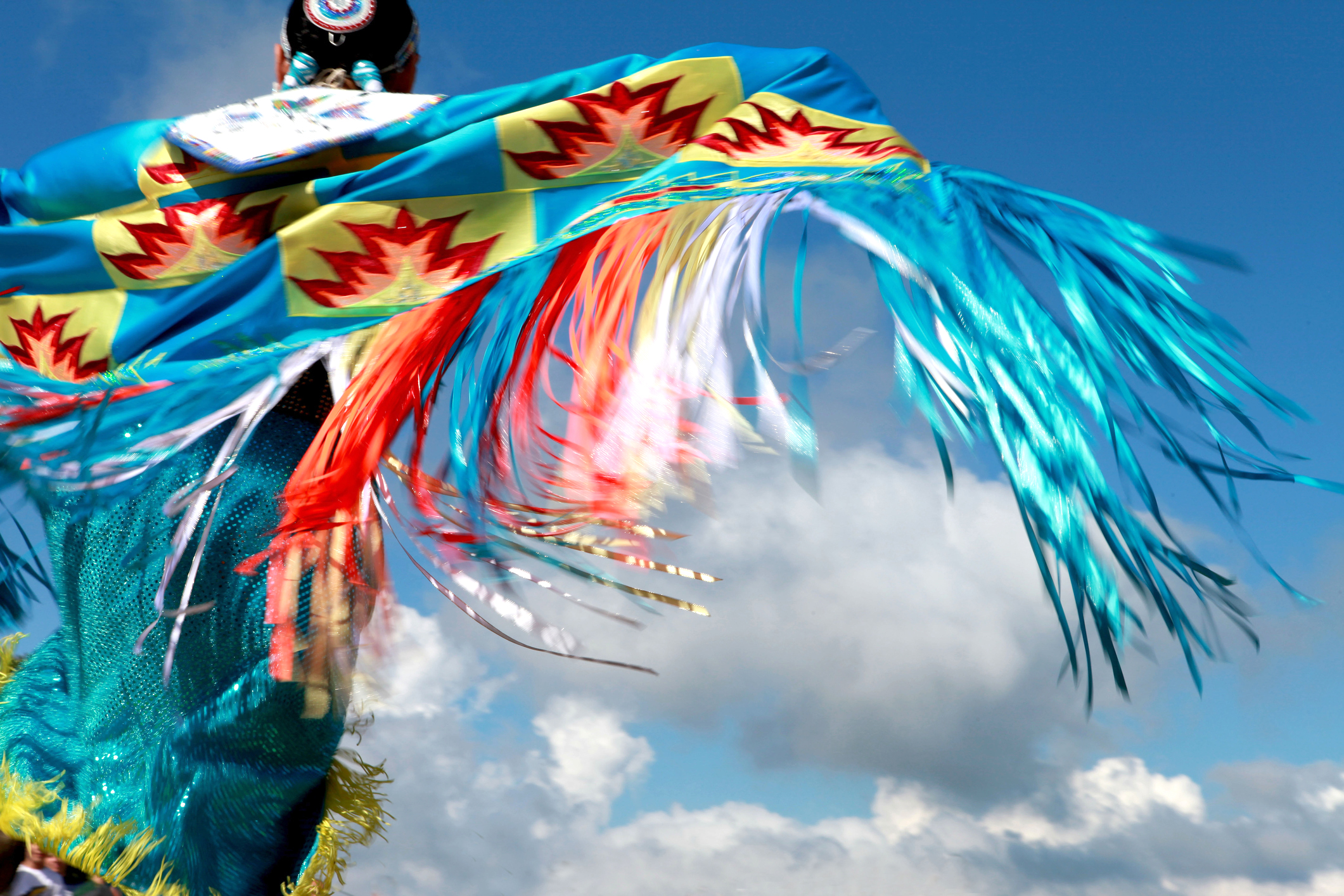Whose Land is This Land?
November 14, 2017

Tribal identities are tied to the land tribe members once called home. How does identity shift when ownership has been denied? Our "Whose Land is This Land?" Civic Lab explores these topics of tribal disenfranchisement and resistance.
Conversation Questions
Two Civic Lab popups will explore the topic of tribal identity and land ownership. To help facilitate the conversation, we will be asking the following questions:
- What can local, state, and national governments do to formally recognize tribes upon whose land they stand?
- How can educators incorporate tribal knowledge when teaching American history?
- Who should decide who can own certain land?
Core Resources
If you would like to learn more about the topic of tribal identity and land ownership, check out the list of resources below.
American Indians in Children’s Literature—This blog run by educator Debbie Reese, a member of the Pueblo of Nambé tribe, "provides critical perspectives and analysis of indigenous peoples in children's and young adult books, the school curriculum, popular culture, and society."
Indian Country Today Media Network—This media network dedicated to celebrating the many facets of Indigenous communities is an online extension of the magazine Indian Country.
Native American Graves and Repatriation Act—This 1990 legislation addresses rights of lineal descendants, Indian tribes, and Native Hawaiian organizations to indigenous items, including sacred objects and human remains.
Federal and State Recognized Tribes—The National Conference of State Legislatures lists Indian tribes or groups recognized by state or federal authorities.
Origins
“Who Decides Who Counts as Native American?” by Brooke Jarvis.
This article explores issues around claiming one's tribal identity.
“Ancient Genome Suggests Native Americans Really Did Descend from the First Americans” by Ewen Callaway. This report discusses challenges faced by scientists studying early human remains found on tribal lands.
“The Standing Rock Resistance Is Unprecedented (It’s Also Centuries Old)” by Leah Donella. This piece provides an NPR reporter's take on acts of resistance in the history of Indigenous Peoples.
“Indigenous Love: When Being Who We Are Is Resistance” by Rachael Lorenzo & Justin Lorenzo. This article from Rewire, an online publication featuring investigative journalism, discusses the topic of gender constructs in Indigenous culture.
“Buried” via Injunuity. Corrina Gould, a Chochenyo and Kerkin Ohlone activist, discusses the destruction of sacred burial grounds.
“Blackhorse: Native American? American Indian? Nope. Refer to Us By Our Tribe, Nation” by Amanda Blackhorse. This report explores Indigenous self-identification, with members of different tribes naming themselves in their Indigenous languages and rejecting colonial terms.